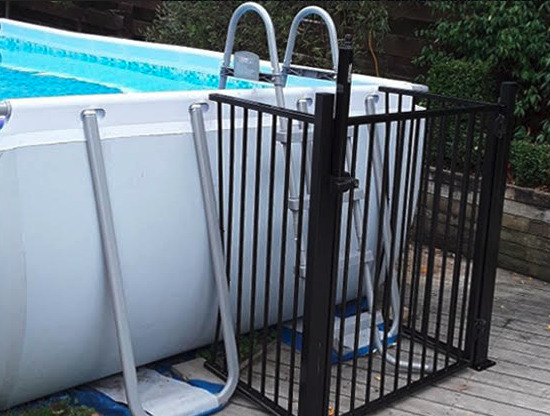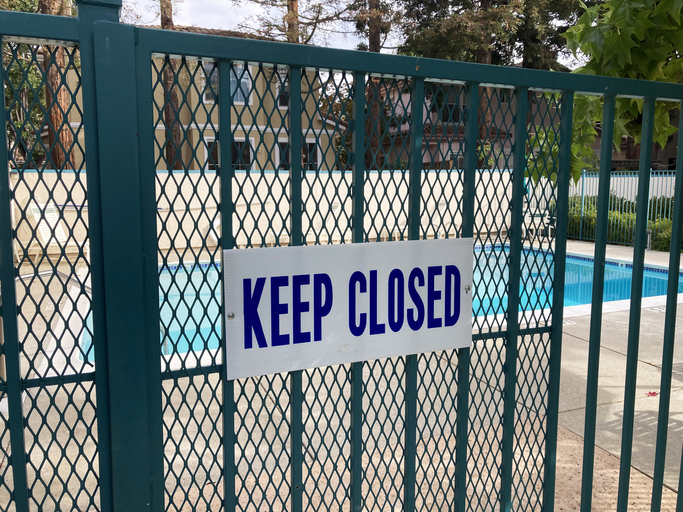Auckland Council has revealed that 25% of the city’s more than 13,000 pools registered in the past year failed their first inspection.
Faulty gates that don’t self-close and latch was the most common reason for inspection failure, while another was climbable objects such as planters and outdoor furniture being too near the pool fence.
Council’s Swimming Pools Compliance Team Leader, Stuart Airs, is urging pool owners to keep kids’ safety front of mind this summer and ensure pool safety barriers are up to standard.
“Unsupervised access to pools through faulty gates and barriers is one of the leading causes of drowning in preschoolers. While the council conducts safety checks of all registered pools every three years, pool owners need to stay vigilant and make sure pool access points are secure,” he said.
Mr Airs says portable pools left full of water and without appropriate barriers in place also posed a high risk for home drowning incidents.
“Portable pools are a popular family Christmas gift, and some on the market now are almost as large as traditional in-ground pools. Unfortunately, many people set them up without the proper barriers in place, and we have seen tragedies occurring at this time of year as a result.”
By law, any pool that holds more than 400mm (40cm) of water, including portable pools, paddling pools and spas, must have an appropriate barrier or fence to stop young children entering the pool on their own. Above-ground pools at least 1.2metres high may not need a fence, but the entry point must be restricted.

Example of portable pool with appropriate barrier in place.
Auckland Council carries out proactive checks of unregistered and potentially unsafe pools around the region, as well as three-yearly checks of the 31,000 pools registered with the Council.
“Nobody wants to lose a loved one to a home drowning accident. By being proactive with regular maintenance checks of gates and latches, ensuring young children cannot access pools on their own and always keeping eyes on children around water, you can help to keep your whānau from ever being in this position,” says Mr Airs.
To see if your pool is safe, you can find Council’s full inspection checklist and safety videos online.



